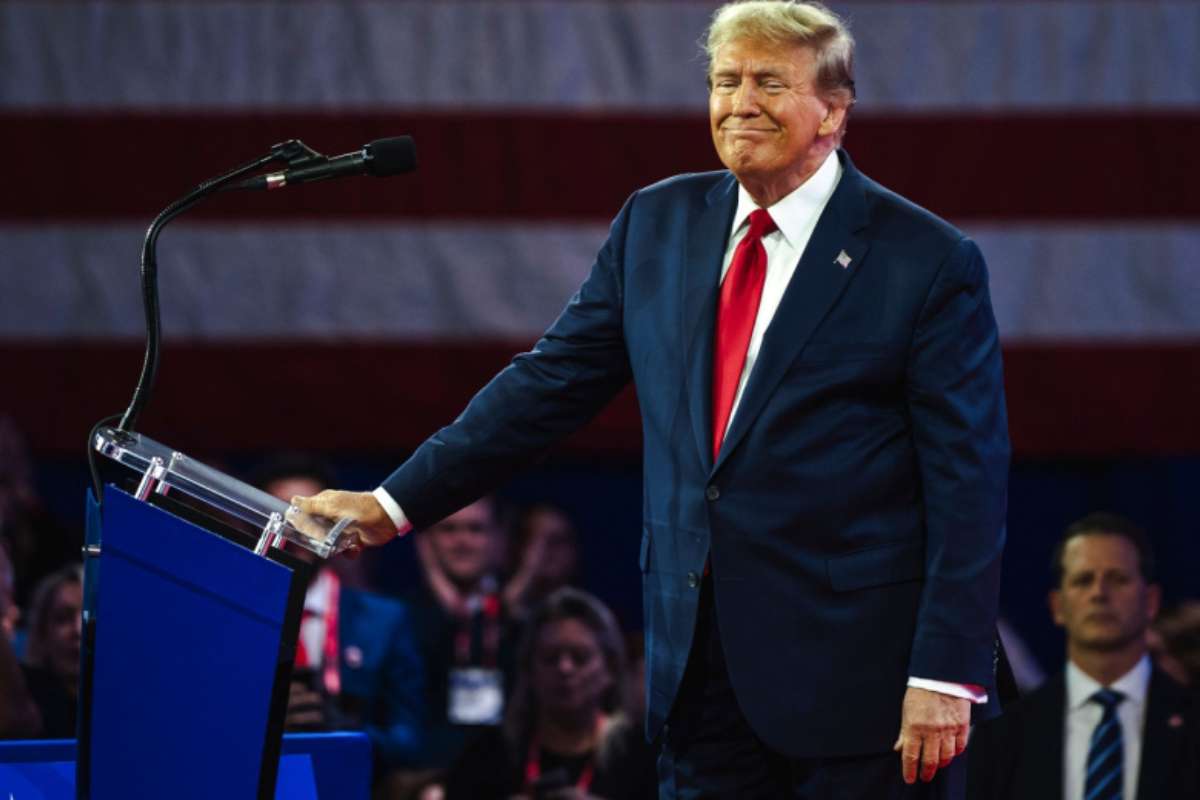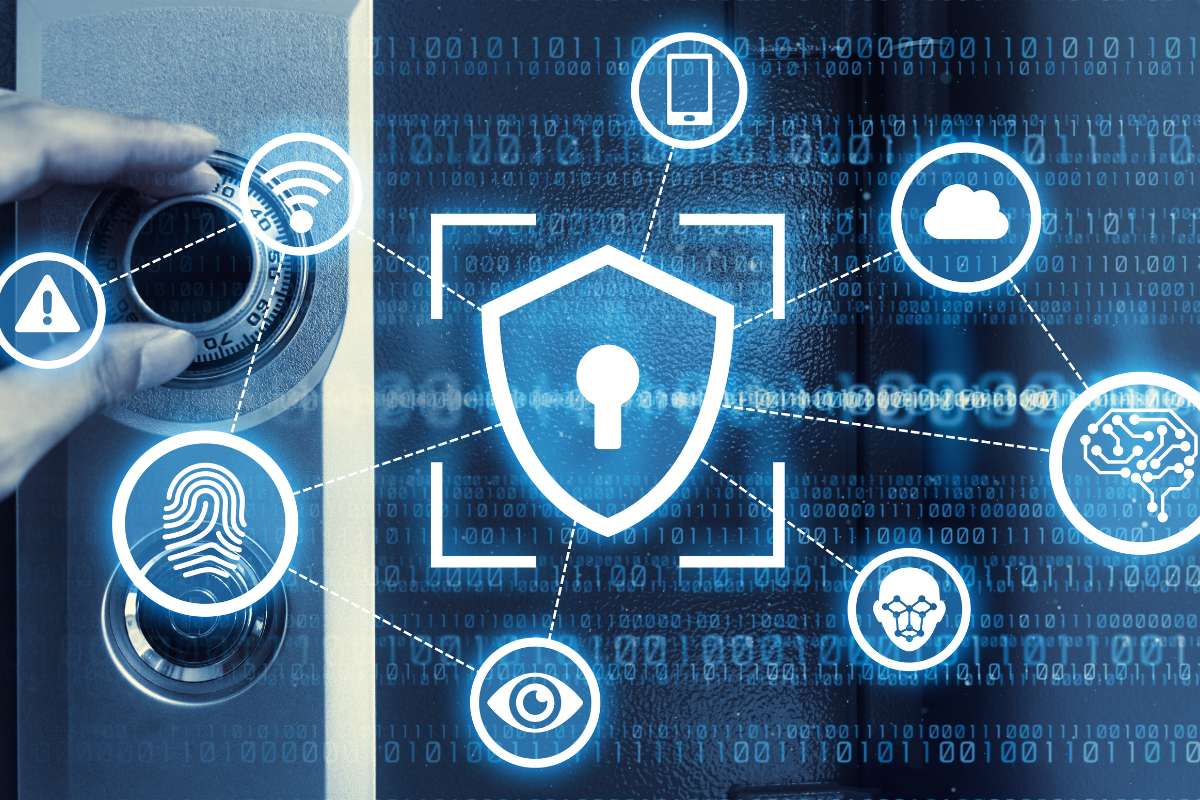Artificial Intelligence and the U.S.-China Tech Race As Donald Trump prepares to re-enter the White House with Trump’s Second Term, technology sectors, particularly artificial intelligence (AI), stand poised for potentially sweeping changes under his administration. Trump’s “America First” philosophy is expected to drive a strategic review of current AI regulations, with a keen focus on competition with China. Since Trump’s previous term, AI has rapidly evolved from a niche technology to a transformative force across industries. Yet, the U.S. trails China significantly in the AI patent race, with China holding approximately 38,000 patents to America’s 6,300.
Trump’s Second Term has suggested that one of his administration’s initial moves could involve revisiting and possibly rescinding President Biden’s Executive Order on AI, which currently imposes guidelines aimed at balancing AI innovation with safety concerns. Trump’s approach could reduce some regulatory constraints, encouraging a more innovation-friendly environment to help bridge the AI gap with China. Trump’s team argues that advancing AI rapidly is crucial for both national security and economic competitiveness.
Trump’s stance aligns with a belief that deregulation could unleash the potential of AI, allowing the U.S. to regain ground in what’s becoming a high-stakes technological rivalry with China. Simultaneously, Trump’s policies may place less emphasis on regulatory bodies, such as the AI Safety Institute, aiming to drive U.S. innovation without what he considers overbearing oversight.
Strengthening Cybersecurity in an Age of Rising Threats Cybersecurity has emerged as a national security imperative, with cyberattacks targeting essential infrastructure like power grids, transportation systems, and public health networks. During Trump’s first presidency, his administration established a national cybersecurity strategy aimed at modernizing federal IT systems and protecting digital assets from increasingly sophisticated threats. This initiative prioritized defense against foreign actors and enhanced the cybersecurity posture of critical sectors.
Under Trump’s Second Term, cybersecurity is likely to remain a major focus, with policies geared toward aggressive defense measures and increased public-private partnerships to enhance the country’s resilience. Trump’s campaign has pledged to use “all available tools” to shield essential systems, suggesting significant federal investment in advanced cybersecurity tools and heightened cooperation with tech firms. In particular, this approach may focus on safeguarding the nation from cyber threats originating from hostile states, like Russia and China, which Trump’s team views as growing dangers in an increasingly interconnected world. Trump’s administration may also continue prioritizing modernizing federal networks and cybersecurity resources, creating fortified digital defenses designed to counter potential foreign adversaries and bolster the national security framework.
Trump’s Second Term About Crypto and Energy Policy
New Approaches for a Digital Age Trump’s stance on cryptocurrency has shifted markedly from cautious skepticism to a stance that favors lighter regulatory measures, a move welcomed by the burgeoning crypto industry. Stocks in companies like Coinbase and MicroStrategy have shown strong responses to Trump’s favorable position on crypto, indicating a potential boom if the administration loosens restrictions. However, the extent of regulatory easing remains to be seen, as changes will also hinge on congressional support. While Trump’s policies signal a favorable outlook for the industry, they also highlight the complex balance required to ensure crypto’s stability in a volatile financial environment.
In line with the growing energy demands of a technology-driven economy, Trump’s administration will likely bolster U.S. energy production. Data centers supporting AI and crypto require vast energy resources, and Trump’s commitment to energy independence has seen him push for increased domestic oil and nuclear power production. His slogan “drill, baby, drill” underscores a vision to secure energy resources that power digital infrastructure, aligning with Trump’s broader goal of American energy self-sufficiency. Nuclear energy, often cited as a sustainable option, could play a key role in his strategy to support the power needs of a high-tech economy.
Trump’s Second Term and return to office would represent a transformative moment for U.S. technology policy, particularly in high-stakes fields like AI, cybersecurity, and cryptocurrency. With a commitment to boosting U.S. tech leadership on the global stage, his administration could bring about a period of accelerated growth and innovation, heavily influenced by the voices of high-profile tech leaders such as Elon Musk and Marc Andreessen. Under Trump’s guidance, the industry may see a more flexible regulatory framework that favors rapid technological progress, potentially setting a new standard in the international tech landscape.






